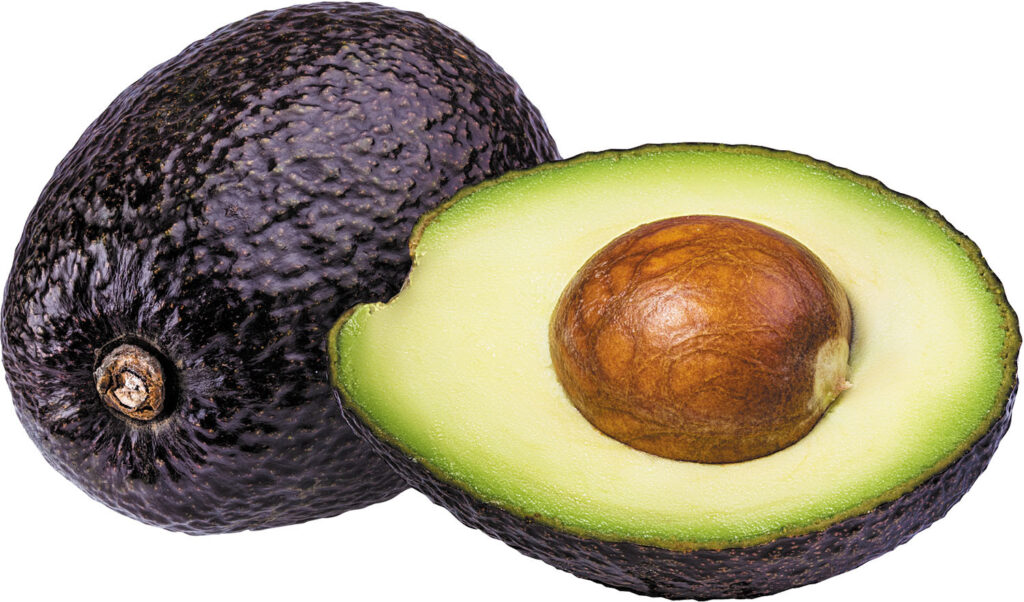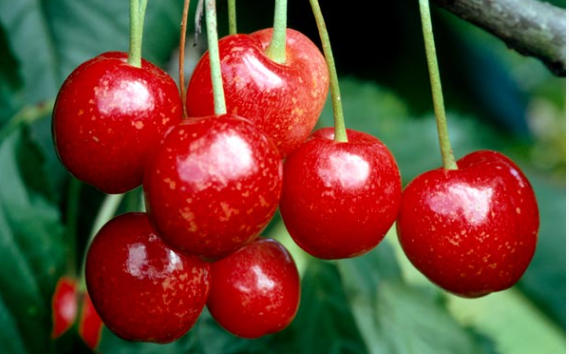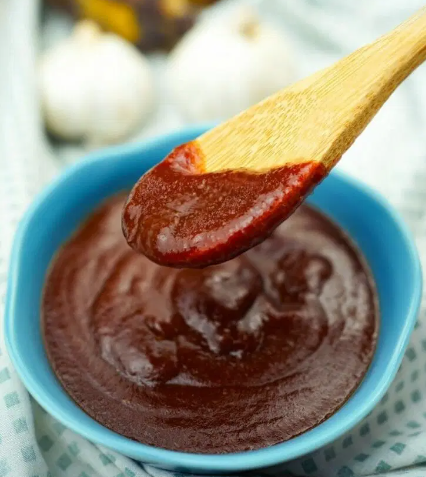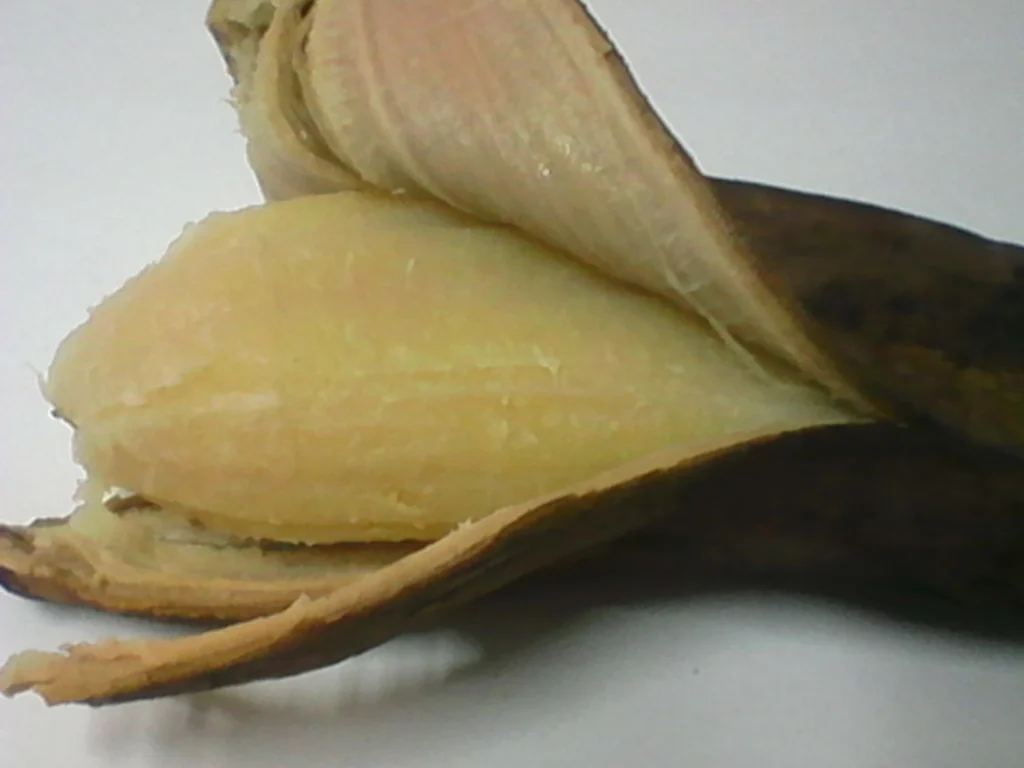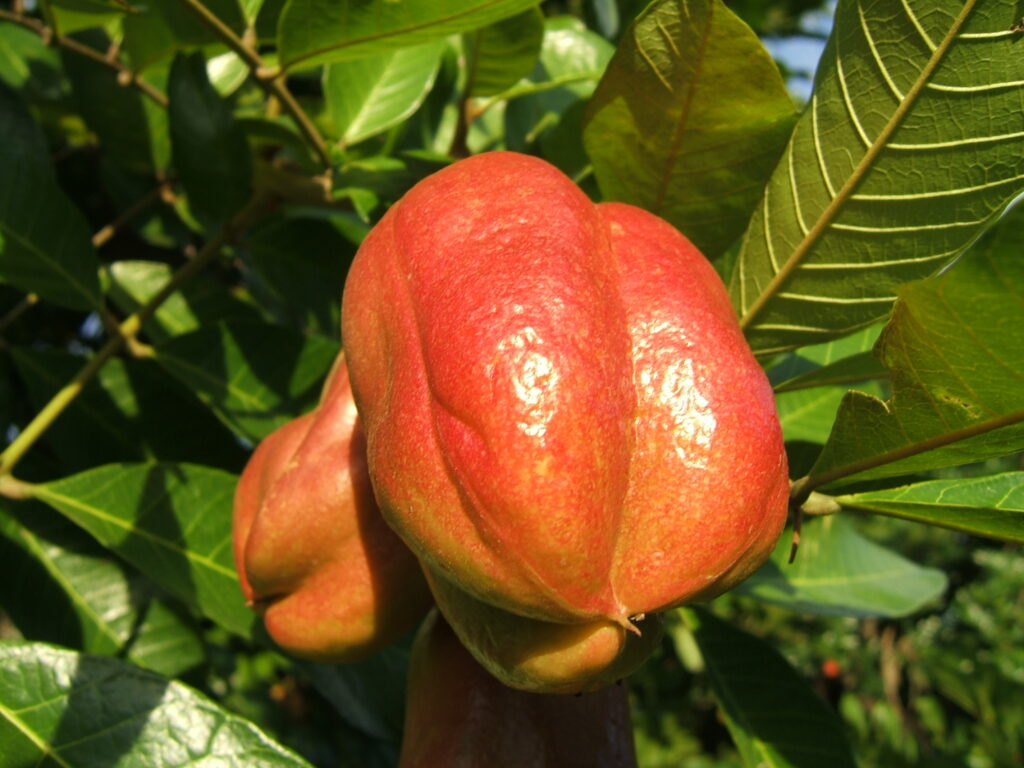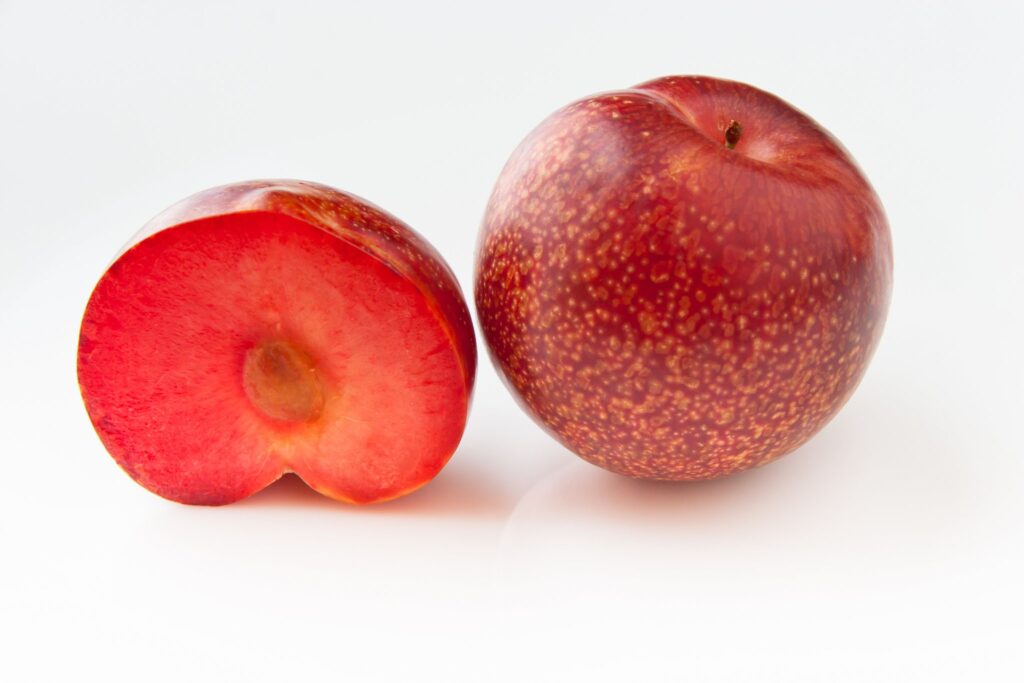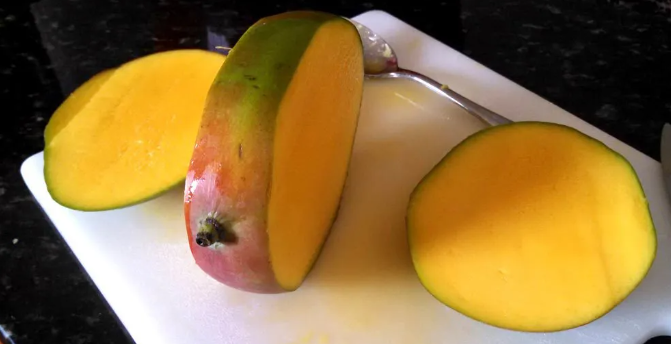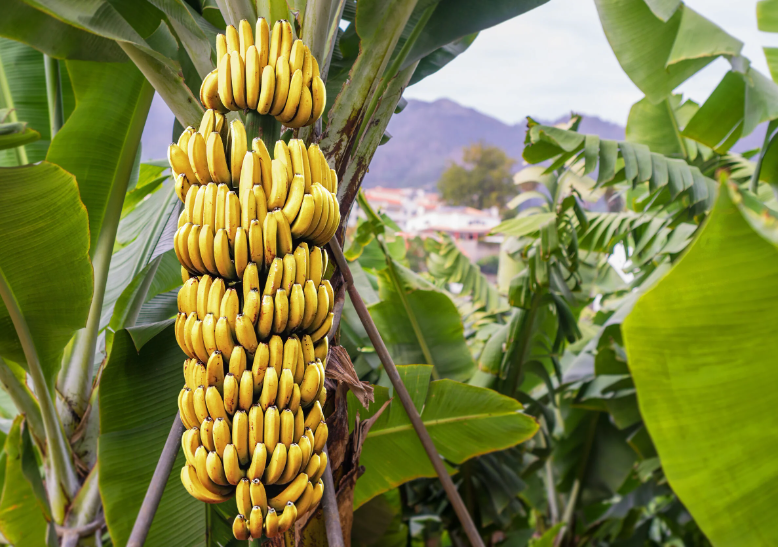Bananas are a tasty, easy-to-carry, and healthy snack that lots of people love eating all around the world. When you’re at the store, you might see two kinds – organic and regular bananas. But what’s the big deal about organic vs. regular, and which kind is the best to eat?
Let’s take a closer look at both kinds of bananas so you can know more about them and decide which ones to buy when you’re out shopping for groceries.
Table of Contents
What Makes a Banana Organic?
An organic banana has to follow rules that are made by groups that decide what ‘organic’ means. These bananas are grown in farms without using:
- Artificial fertilizers or bug killers
- GMOs (changes made to plants in a lab)
- Chemicals to make them grow faster
- Antibiotics
- Radiation
Instead, farms that grow organic bananas use nature-friendly ways like:
- Using compost and manure to help the plants grow
- Letting helpful insects and birds keep the bugs away
- Planting different crops at different times to keep the soil nice and healthy
Organic bananas usually come from soil that is kept rich with nutrients and not worn out by too much farming with strong chemicals.
How Organic and Regular Bananas Differ
1. Growing Practices
The biggest thing that’s different between organic and regular bananas is how they’re grown. Organic bananas are farmed using natural stuff, but regular bananas often have chemicals like artificial fertilizers and pesticides used on them.
Some folks might think it’s healthier not to eat bananas that could have chemicals on them. Experts say, though, that regular bananas are okay to eat because the chemicals on them are really, really small and meet safety rules.
2. Cost
Organic bananas usually cost more money. They can be priced from $0.69 to $0.99 for every pound, while you might find regular bananas for about $0.59 per pound.
Why are organic bananas more expensive? Well, there are a few reasons:
- They don’t grow as many bananas
- Growing them takes more work from people
- Farms have to meet special organic rules
If you don’t have much money to spend on bananas, you might choose regular ones because they are cheaper.
3. Taste
Do organic bananas taste different? Some banana lovers say they taste sweeter because they grow in better soil. But lots of people can’t really find any big taste difference when eating them without looking – like in a taste test where they don’t know which is which.
4. Appearance
If you look at organic and regular bananas, they look almost the same. But if you look closer, you might notice:
- Organic bananas usually have thicker and tougher skins.
- Regular bananas might be a little green at the ends sometimes.
- Organic bananas can have some small spots and marks, but regular ones often look perfect.
Remember, little marks on the outside don’t change how good the banana is on the inside!
5. Nutrition
People who really like organic food often say it’s got more good stuff in it. But studies show that there’s not a big difference between the nutrients you get from organic and regular bananas.
These bananas have lots of good things like:
- Vitamin B6
- Vitamin C
- Potassium
- Magnesium
- Fiber
One thing to note though is that organic bananas might have a little more antioxidants – maybe up to 20% more. But this can also be affected by things like how ripe the banana is, how good the soil is, the weather, and other things like that.
6. Pesticide Residues
One worry folks have with regular bananas is that they might have bits of pesticide on them. Studies have found tiny amounts of different chemicals on banana skins. But these amounts are so small they’re not dangerous and meet all the safety rules.
If you wash and peel bananas, this can help get rid of even more of those tiny bits left on the outside. Fun fact: even organic banana skins can have a little bit of pesticide stuff on them because of the wind blowing it over from other farms.
Which Type of Banana is Healthier?
Organic and regular bananas are pretty much the same when it comes to the good stuff they give you and whether they’re safe to eat.
No type is really way healthier or more dangerous. So, when you decide which one to buy, think about what’s important to you.
If not having pesticides is a big deal for you, go for organic bananas. But if you’re cool with the way regular bananas are grown and want to save some cash, regular bananas are just fine.
Both kinds give you the same important stuff like potassium, fiber, and other nutrients that are good for a balanced diet. Just make bananas one part of what you eat each day.
Environmental Impacts
If you care about the planet, organic bananas are a smart choice. The way they’re farmed is good for the land, helps all sorts of plants and animals, and is all about the long game.
Regular banana farms often change the land a lot with big tools and can use more chemicals. This could bother the animals living there.
But now, there are also special labels that tell you if a regular banana farm is trying to be more green. So there are choices for both kinds that don’t harm the environment as much.
The Bottom Line
In the end, organic and regular bananas don’t really taste or feed you much differently. But buying organic means you’re supporting a way of farming that’s friendlier to the Earth.
Here are some things to keep in mind when buying bananas:
- Both organic and regular bananas are healthy to eat.
- Cleaning and peeling bananas can help get rid of any chemicals on the skin.
- If you want to avoid chemicals, choosing organic makes sense.
- Regular bananas are a cheap option if you’re watching your budget.
- Organic farming helps take care of our environment.
- What you like, need, and can spend will help you decide what to buy.
Whichever you pick, mixing bananas into your meals like smoothies, cereal, yogurt, or cakes can give you a tasty and healthy boost. Think about what’s right for you and your wallet next time you’re in the fruit section choosing between organic or regular bananas.
